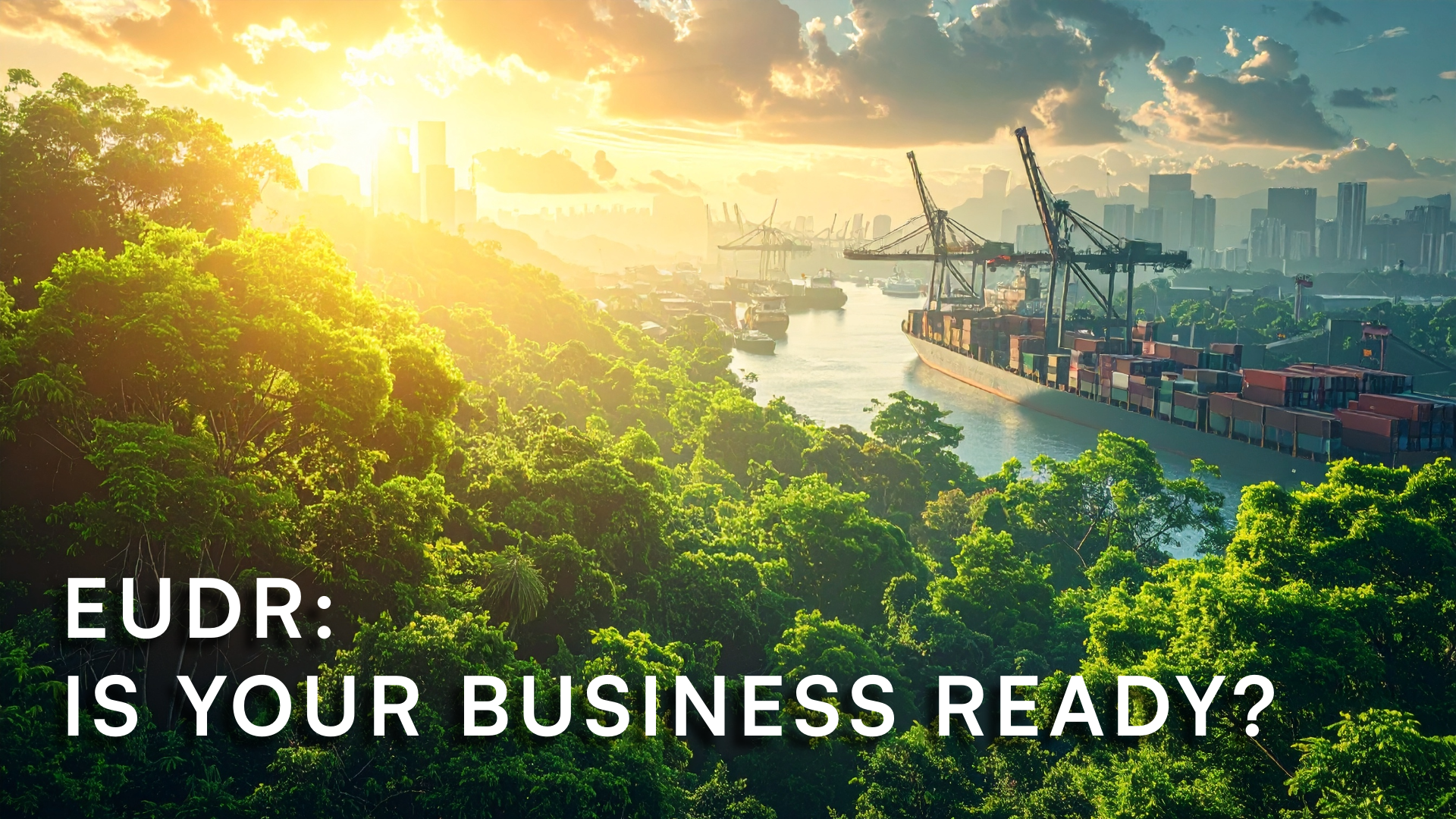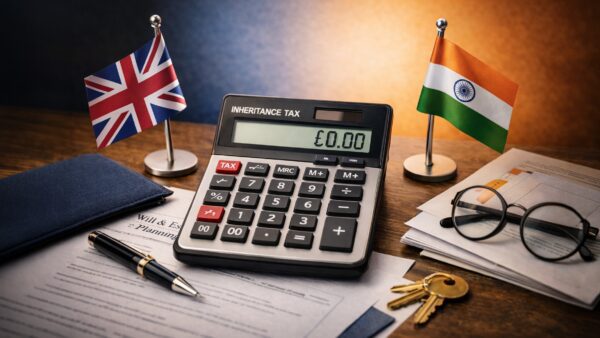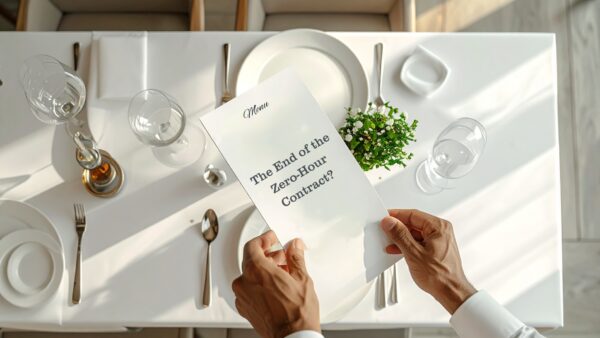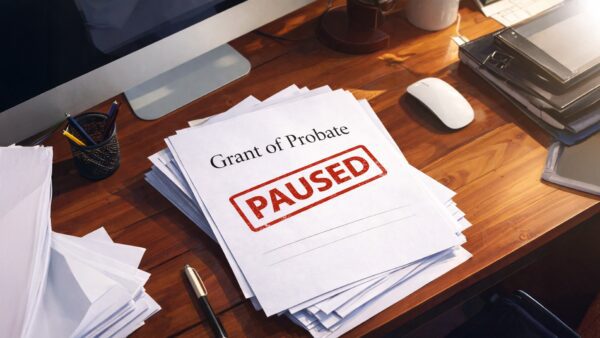The EU Deforestation-Free Regulation (EUDR) will reshape global trade. It aims to curb deforestation and forest degradation linked to EU consumption.
The EUDR applies to both EU and non-EU companies and covers products placed on the EU market or exported from it. Companies placing certain commodities or products on the EU market will need to prove they are deforestation-free – or face significant compliance risks.
The EUDR came into force on 29 June 2023 and its obligations are applied in phases with large and medium companies subject to the Regulation from 30 December 2025 and small and micro companies subject to compliance from 30 June 2026.
Who’s Affected?
The EUDR applies to seven key commodities – cattle, cocoa, coffee, palm oil, rubber, soy, and wood – plus a wide range of derived products like leather, chocolate, furniture, cosmetics, and printed goods.
Even businesses not directly trading these goods – from banks to hospitality providers to construction firms – will be affected as stakeholders demand deforestation-free sourcing.
Compliance
Companies must conduct due diligence, including providing geolocation data for their supply chains and submit a mandatory Due Diligence Statement (DDS) to an EU database.
But this isn’t just about importers and exporters. Manufacturers, retailers, investors, and logistics providers will all feel the impact, with obligations and expectations rippling through entire supply chains.
Why Companies Need to Act Now
Meeting EUDR obligations isn’t just a box-ticking exercise. Businesses will need to:
- Map supply chains down to farm or plot level
- Collect and verify data on origin and deforestation status
- Submit compliance statements via the EU Information System
- Update policies, contracts and training
- Align ESG reporting with frameworks like CSRD and the German Supply Chain Act
Those who delay risk supply chain disruption, regulatory investigations, and reputational damage as well as potential fines of up to 4% of the businesses EU turnover in the preceding year and confiscation of the covered products or the revenues gained from them.
How We Can Help
At Quastels, we guide businesses through the EUDR’s complexities and turn compliance into a competitive advantage:
- Regulatory Guidance – tailored advice on EUDR obligations
- Contractual Safeguards – drafting supplier clauses and updating agreements
- Due Diligence Frameworks – designing robust compliance systems
- Risk Management – mitigating liability and handling disputes
- Training & Policy Development – empowering your teams to stay ahead
The Bottom Line
The EUDR represents a major shift in sustainability and supply chain governance. Businesses that prepare will not only mitigate risk but also strengthen brand reputation, investor confidence, and customer trust.
Is Your Organisation Ready?
Let’s talk about how we can help build a deforestation-free compliance strategy. Contact our ESG team via the form below.









